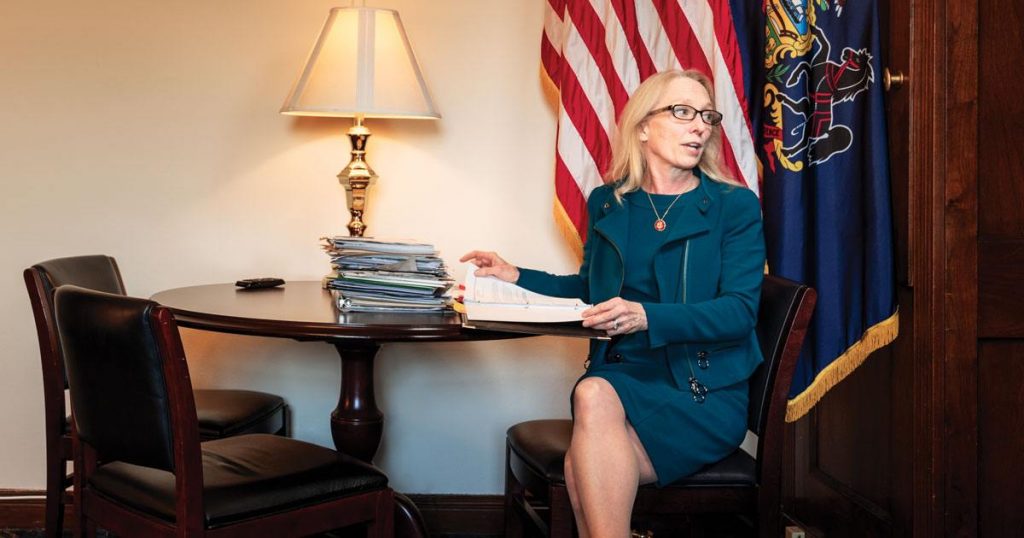In September of 2020, the Temple College of Public Health hosted several political leaders to discuss Social Justice, Public Health, and the 2020 Election. Most questions posed to the panelists centered around electoral participation. Nevertheless, one question in particular caught our attention.
Just over halfway through the discussion, the panelists were asked to reflect on climate change as a public health issue. U.S. Representative Mary Gay Scanlon, a Democrat from Delaware Country, took to the zoom stage in response.

After acknowledging the PES refinery explosion and the trash-burning plant in her district, both being textbook examples of environmental racism, Scanlon provided an overview of some of regulatory confines under which climate action policies operate:
“When I was on the local school board, we had to do some rebuilding. Of course, you want to do it in a sustainable way. But the laws and regulations you operate under require certain things with respect to funding and you can’t raise taxes more than a certain amount in our school districts so… the budget was always a concern.
“People wanted to put solar panels on and would say, ‘well right across the river in New Jersey all those schools are doing solar panels.’ Well, New Jersey had implemented state funding to incentivize the use of solar energy. We didn’t have that in Pennsylvania so that became economically not possible.”
Scanlon then stressed the federal government’s role in funding state and local climate action. The Representative’s story illustrates a tension between climate action policies and the divisions of power between our governments.

Local governments are reliant on state and federal funding, revenue streams which have withered over the past half-century due to predominance of neoliberal governance — leaving cities, and communities of color in particular, out to dry. This problem is pronounced in Philadelphia, where the state government’s flat tax rate inhibits Philadelphia’s ability to raise revenue.
Assuredly, there are other revenue-raising tools the city can employ which have gone underutilized. Still the issue remains: much of the funding for a Just Transition will need to come from the federal government.